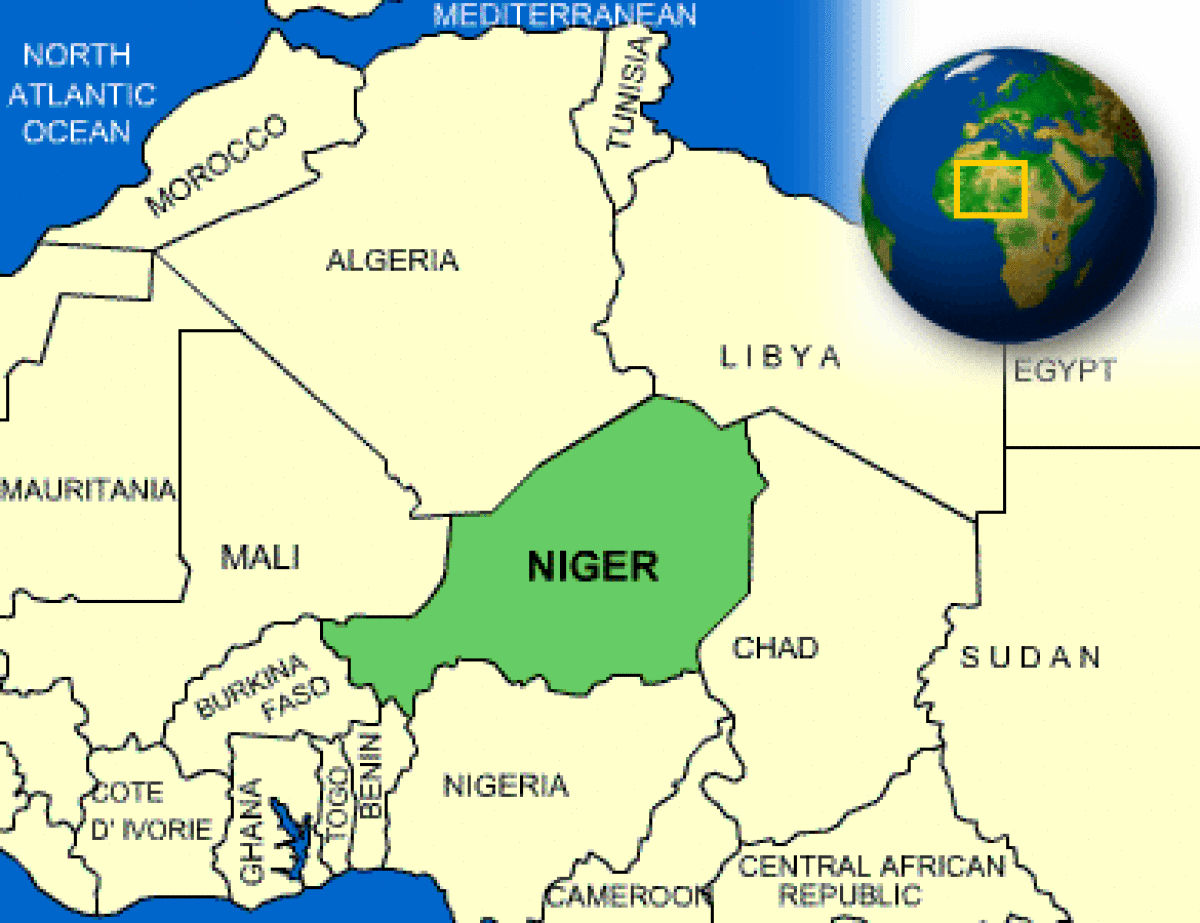Niger has introduced new restrictions on visa processing for citizens from several European nations, signalling a strategic shift in its foreign policy following continued diplomatic fallout since the 2023 military takeover. This move, described as an act of “reciprocity,” affects travellers from countries such as Italy, Germany, the Netherlands, Belgium, and the United Kingdom, and has implications for wider European engagement with West Africa.
“Henceforth, the embassies of Niger in Geneva, Ankara, and Moscow are the only ones authorized to issue entry visas to Niger for nationals of … Italy, the Netherlands, the Federal Republic of Germany, the Kingdom of Belgium, the United Kingdom,”
stated Nigerien Foreign Minister Bakary Yaou Sangare in an internal government memo dated August 20.
This policy overhaul compels European travellers to seek Nigerien visas outside their home countries, a notable departure from prior arrangements. For citizens of the affected nations, visa applications must now be processed at Nigerien embassies located in Russia, Switzerland, or Türkiye—countries perceived to be more aligned with Niger’s current geopolitical orientation.
Although sweeping, the restriction does not apply to all classes of travellers.
“The Nigerien embassy in Brussels is … authorized to issue visas for applicants holding diplomatic and service passports,”
Sangare clarified. The directive urges immediate implementation and strict adherence by all relevant diplomatic missions.
This shift did not arise in a vacuum. According to local media reports, Nigerien nationals have encountered significant hurdles obtaining visas for European travel since the coup in Niamey in July 2023. Foreign Minister Sangare highlighted that many Nigeriens had been compelled to cross borders into neighbouring countries to access consular services, as European embassies in Niamey declined to facilitate visa processing locally.
“Difficulties” in obtaining entry visas to Europe
have persisted since the junta took control last year, Sangare noted, underscoring the absence of engagement from European missions in response to requests for visa access within Niger.
These frustrations have played out against a broader backdrop of deteriorating ties with the European Union and France in particular. Prior to the coup, the French embassy in Niamey managed Schengen visa applications for Nigerien citizens. But following the military’s assumption of power, relations between France and its former colony soured rapidly, culminating in the expulsion of the French ambassador and the rejection of long-standing bilateral security agreements.
The diplomatic rupture has extended beyond France. In December 2023, Niger formally withdrew from two major European Union security frameworks and annulled the legal protections previously extended to EU forces operating under those mandates.
The recent travel measures reflect a wider strategy by Niamey to assert sovereignty and realign its diplomatic stance. On Tuesday, the African Press Agency reported that the foreign minister framed the visa changes as part of a broader initiative aimed at
“reforms to regulate migration and safeguard national interests amid rising diplomatic tensions.”
The decision places Niger squarely within the camp of Sahel nations seeking to distance themselves from traditional Western partnerships. Alongside Burkina Faso and Mali—also governed by military regimes—Niger has repeatedly accused Paris of neo-colonial interference and taken reciprocal steps to restrict French influence.

















